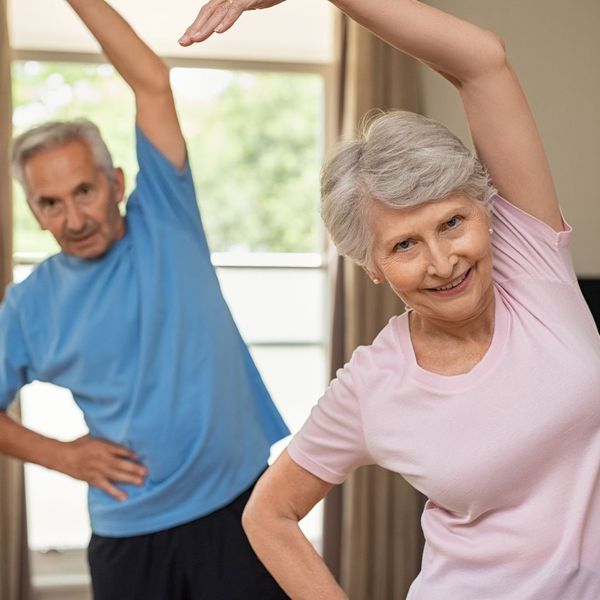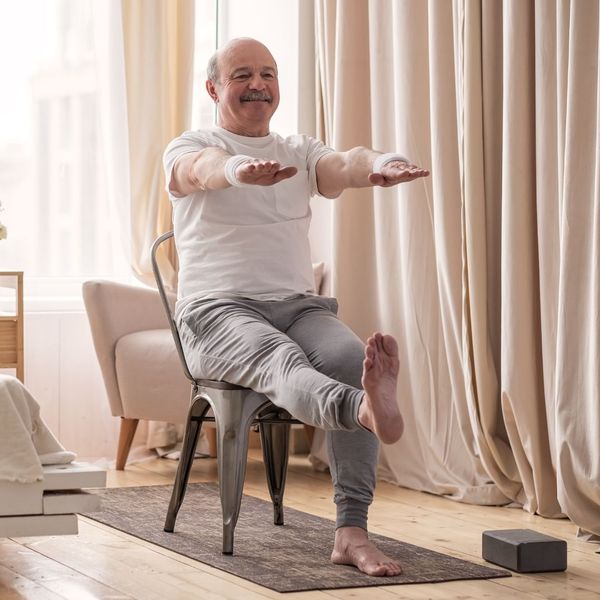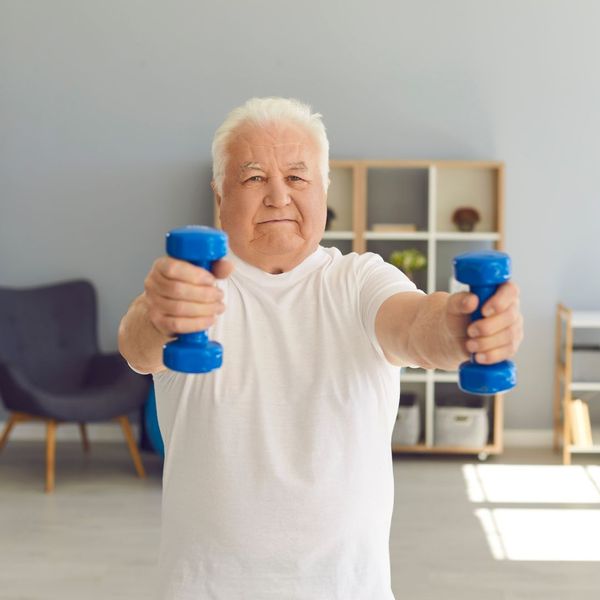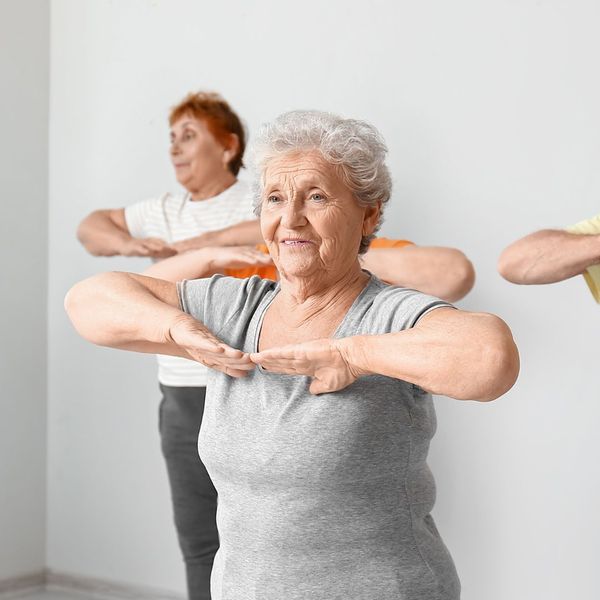Living Well With Parkinson's: Exercise and Physical Therapy
At the Circle of Life Care in Sedona, Arizona, we understand the unique challenges associated with Parkinson's disease. Fortunately, there are effective ways for someone with this condition to enhance their quality of life. One such approach is incorporating exercise and physical therapy into their daily routine. In this blog post, we'll delve into the role of exercise and physical therapy in managing Parkinson's disease, offering insight into how these strategies can make a significant difference for those living with this condition.

Improving Mobility and Balance
One prominent symptom of Parkinson's is reduced mobility and balance due to stiffness, muscle rigidity, and tremors. A customized exercise routine focusing on activities like stretching, walking, and yoga can enhance flexibility and coordination. Prioritizing these exercises empowers individuals to regain control over their movements and mitigate the risk of falls, a common concern in Parkinson's.

Enhancing Mood and Cognitive Function
Exercise doesn't just benefit the body; it also has a positive impact on mental well-being. Many individuals with Parkinson's experience mood disturbances, including depression and anxiety. Regular physical activity triggers the release of endorphins, providing a natural mood boost and improving overall emotional health.
Additionally, exercise may slow cognitive decline, a common issue for those with Parkinson's. Studies have shown that aerobic activities like swimming and cycling can boost cognitive function and memory, offering a sense of accomplishment and emotional support.

Strengthening Muscles and Reducing Tremors
Muscle weakness and tremors are often associated with Parkinson's disease. Physical therapy plays a pivotal role in addressing these symptoms. Targeted exercises such as resistance training and balance training can significantly enhance muscle strength and motor control, ultimately reducing the severity of tremors. With a personalized exercise plan developed in collaboration with a physical therapist, individuals can gain the skills and techniques needed to manage their symptoms effectively.

Building Social Connections and Support
Engaging in group exercise classes or participating in physical therapy sessions offers more than just physical benefits. It provides an opportunity for individuals with Parkinson's to connect with others who share similar experiences. This sense of community can be a powerful source of emotional support, allowing individuals to share their challenges and triumphs while forging meaningful connections.
Incorporating exercise and physical therapy into your daily life can be a game-changer when living with Parkinson's disease. Here at Circle of Life Care, our trained caregivers help support those with Parkinson's disease by providing them with quality homes and holistic care, including physical therapy and physical activity. If you or a family member are living with Parkinson's and need personalized, compassionate care in Northern Arizona, contact us today.
